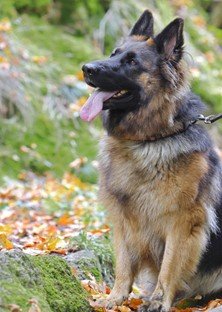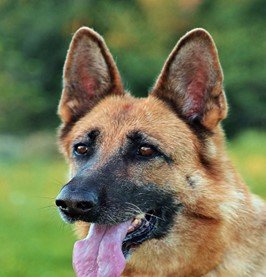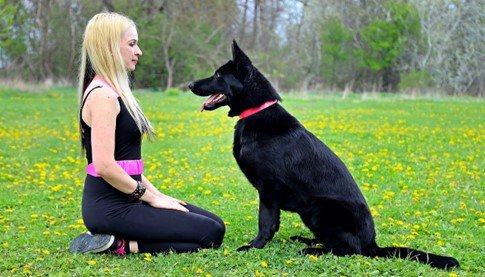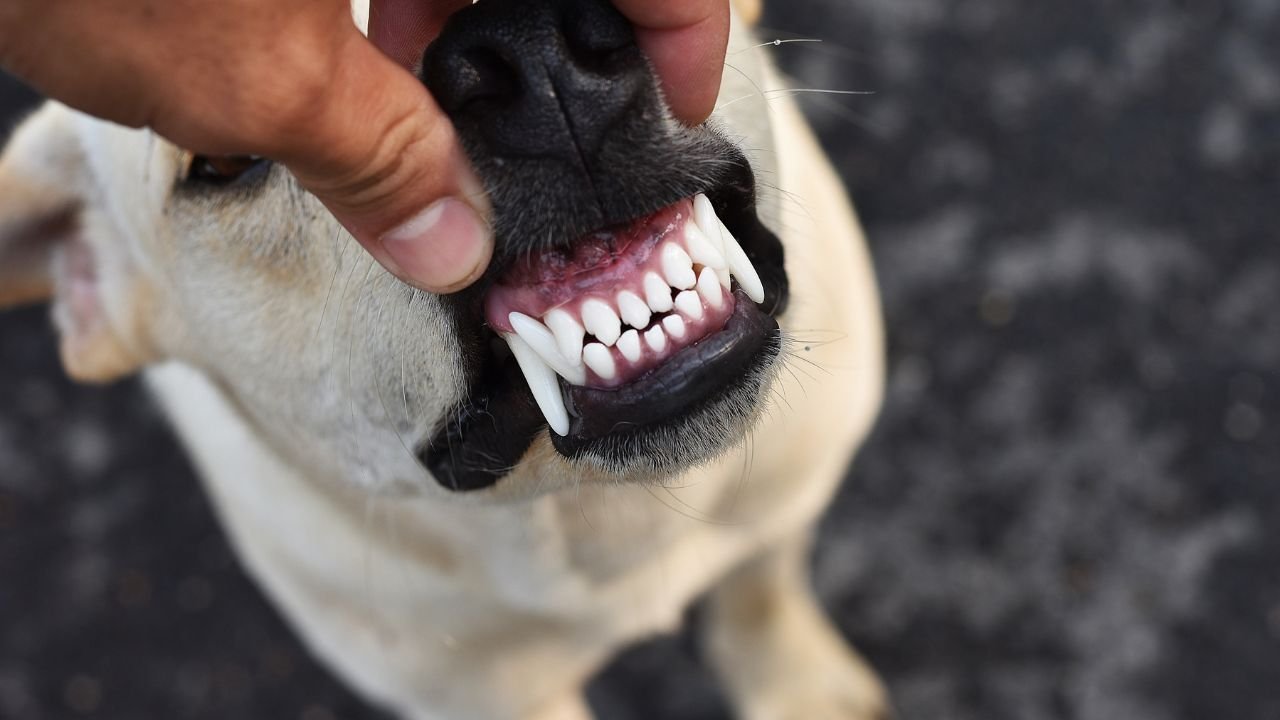German Shepherd: Dog Breed Information and Characteristics
Tender Loving Pawz is supported by its audience. When you purchase through links on our site, we may earn an affiliate commission at no cost to you. Here’s how it works.

Introduction
The German Shepherd is one of the most popular dog breeds worldwide. They are highly versatile, widely recognized, and among the most commonly used breeds for work, service, and companionship. Many police forces and search-and-rescue teams rely on them for their strength and obedience. Despite their working background, they also make loving family pets. In this article, we are going to offer you more facts that you should know about this fantastic breed.
History and Origin of the German Shepherd
In the late 19th century, Captain Max von Stephanitz, a retired cavalry officer, developed the German Shepherd in Germany. He wanted a breed that combined intelligence, resilience, and strength. Initially, German Shepherds worked as herding dogs, especially with sheep. However, their speed, power, and trainability soon made them valuable in police, military, and service roles. The German Shepherds were gradually incorporated widely into police, military, and service functions due to their high potential.
Physical Characteristics of German Shepherds
This breed is muscular and large, with an athletic build and a hint of ruggedness around its face. Some of its other physical attributes include:
- Male German Shepherds range from 24-26 inches tall and weigh between 65-90 lbs. Female German Shepherds are slightly lesser in size, typically standing at 24-26 inches tall and weighing 50-70 lbs.
- Coat: One of the most distinctive features of this breed is its coat, which can be either short or long and always double-layered. The outside layer of hair is straight in nature, and the second layer is thick and provides insulation.
- Color: German Shepherds commonly appear in shades such as black and tan, sable, and solid black. While white and blue variations also exist, they are much rarer.
- Life expectancy: The German Shepherd has a life expectancy of between 9 and 13 years.

Temperament and Personality of German Shepherds
As part of the herding group, German Shepherds are well-known for their intelligence, loyalty, and confidence. Their key personality traits include:
- Intelligent: Ranking 3rd most intelligent breed of dogs, German Shepherds are highly trainable, learn quickly, and exhibit great signs of obedience.
- Protective: Their strong bond with family members proves them to be great natural guardians.
- Stimulated: It is essential to provide plenty of physical and mental exercise to keep them fit, healthy, and mentally stimulated.
- Confident and Courageous: German Shepherds are fearless, and they possess a strong instinct to protect their owners and homes.
- Trainability: They excel in advanced training, making them ideal for police work, service roles, and obedience competitions.
German Shepherd: Exercise and Training Needs
German Shepherds thrive on activity and require at least 1-2 hours of daily exercise. They enjoy jogging, walking, obstacle courses, and obedience training, which keep their minds and bodies stimulated and engaged. Puppy rearing and training help to shape and mold a well-balanced dog that is disciplined and adaptable within society.

Health Considerations
Like any other breeds, the German Shepherds are prone to various diseases, including:
- Hip and elbow dysplasia
- Degenerative myelopathy
- Bloat (gastric torsion)
- Skin diseases/issues

It is recommended to have your German Shepherd regularly checked by a qualified veterinarian, maintain proper coat and skin care, and provide ample exercise and mental stimulation. Most importantly, your pup should be put on a suitable diet plan consisting of premium dog food to keep them in good health.
Conclusion
German Shepherds are known for their intelligence, loyalty, and protective nature. If these qualities align with what you are looking for in a furry companion, then this breed may be a good fit. To make them live a healthy and happy life, be sure to properly train them, provide vigorous exercise, and put them on an essential and well-balanced diet. They also require attention, love, and warmth and can make great family pets!












